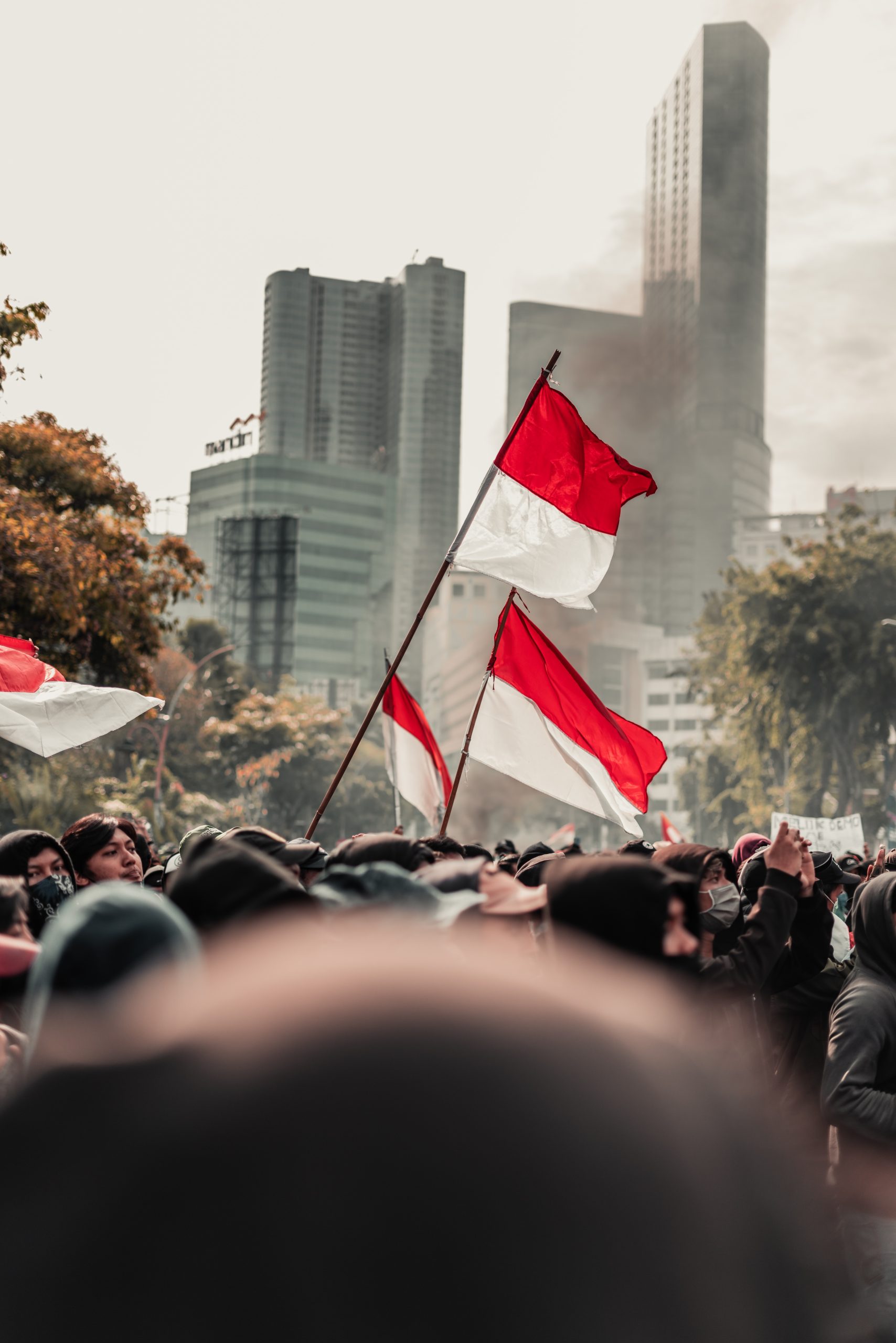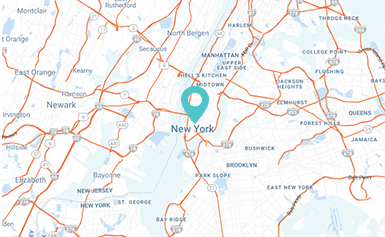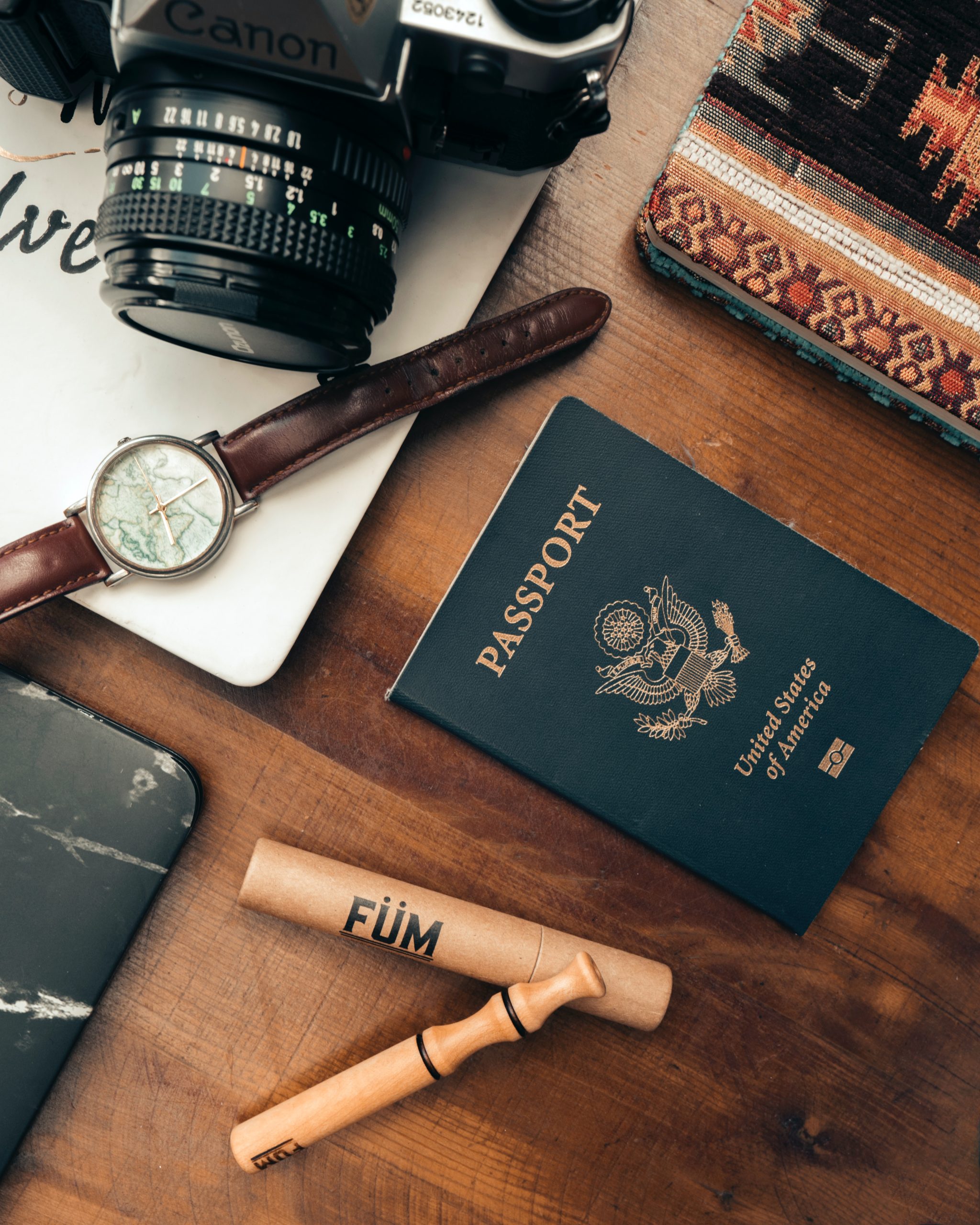Traveler’s Guide to Indonesian Visa Regulations
Indonesia is a diverse and beautiful country that offers a wide range of cultural, natural, and historical attractions. Travelers from around the world visit Indonesia to explore its stunning landscapes, immerse themselves in its rich heritage, and experience the warm hospitality of its people. To help you plan your trip, it’s crucial to understand the Indonesian visa regulations. This guide by Green Sun Travel provides an overview of the various types of visas available for travelers and the associated regulations.
Indonesian Visa Regulations: Visa types
Visa-Free Entry:
Visa-free entry to Indonesia is a privilege extended to citizens of several countries for tourism purposes. Travelers from these countries can visit Indonesia without obtaining a visa in advance. Typically, they are allowed to stay for up to 30 days. This convenient option makes Indonesia an accessible destination for short-term trips. However, it’s crucial to note that visa policies can change, so it is wise to check with your local Indonesian embassy or consulate before your travel to ensure you meet the current requirements. Additionally, while visa-free entry allows for a 30-day stay, overstaying your welcome can result in fines and other penalties.
Visa on Arrival (VoA):
If your country isn’t eligible for visa-free entry, you have the option of obtaining a Visa on Arrival (VoA) upon arrival at designated entry points in Indonesia, such as major international airports and seaports. This visa is typically valid for 30 days and can be extended for an additional 30 days. VoA is a practical choice for travelers who didn’t have the opportunity to obtain a visa in advance. It is essential to note that the fees associated with the VoA can change, so it’s advisable to check the latest information. To extend a VoA, visit an immigration office in Indonesia before the initial 30-day period expires.
Tourist Visas:

For travelers who intend to stay in Indonesia for an extended period beyond 30 days, a tourist visa is a suitable choice. You can apply for a tourist visa at an Indonesian embassy or consulate in your home country. The standard tourist visa is usually valid for 60 days and can be extended while in Indonesia. This option provides more flexibility for tourists who plan to explore the country at a leisurely pace or engage in activities that require a longer stay.
Social Visit Visa:
A Social Visit Visa is specifically designed for travelers who wish to visit family or friends in Indonesia. This visa type is usually valid for 60 days and can be extended. To apply for a Social Visit Visa, you will need a formal letter of invitation from your host in Indonesia. This letter serves as proof of your purpose for visiting, and it’s a vital component of the application process.
Business Visa:
Travelers planning to conduct business activities in Indonesia need a Business Visa. This visa category typically allows for a 60-day stay and is extendable. It’s imperative to have all the necessary business documents and a sponsor in Indonesia to support your application. A local sponsor is often a business or organization in Indonesia that can vouch for your purpose and activities within the country.
Student Visa:
Students who plan to study in Indonesia should apply for a Student Visa. To obtain this visa, you’ll need an acceptance letter from an accredited educational institution in Indonesia, which confirms your enrollment. The duration of your student visa depends on the length of your course of study. This type of visa is essential for international students seeking to pursue academic opportunities in Indonesia.
Work Visa:
Working in Indonesia requires a Work Visa, which is generally more complex to obtain compared to other visa types. The process often involves a local sponsor, such as an employer or a company in Indonesia, and specific requirements that can vary depending on the type of work you will be engaged in. The duration of a work visa and the documents required depend on the nature of the employment and your employer.
Understanding these visa options and their associated regulations will help you plan your trip to Indonesia more effectively, ensuring a smooth and hassle-free experience while exploring the diverse and culturally rich archipelago. Remember to check the latest visa requirements before your journey and comply with Indonesian immigration rules to make the most of your visit.
Indonesian Visa Regulations

Visa Extensions:
Visa extensions in Indonesia are an essential consideration for travelers who wish to prolong their stay beyond the initial visa period. Extensions are typically granted in increments of 30 days, but the process may vary based on the type of visa. Here’s an in-depth look at visa extensions:
- Process: To extend your visa, you need to visit the local immigration office in Indonesia before your current visa expires. It is recommended to start the extension process well in advance, as last-minute extensions can be more challenging to obtain.
- Requirements: While extending your visa, you’ll need to provide a compelling reason for the extension, such as ongoing travel plans, family visits, or business engagements. Supporting documentation, such as flight itineraries, letters of invitation, or evidence of employment, may be necessary. The immigration officer will evaluate your application and supporting documents before granting the extension.
- Cost: Extending your visa incurs a fee, the amount of which depends on the visa type and the length of the extension. The cost can vary, so it’s advisable to check the latest fee schedule at the local immigration office or on the official website of the Indonesian immigration authorities.
- Time Frame: Visa extensions are typically granted for 30 days at a time. If you need an extension longer than 30 days, you may need to apply for multiple 30-day extensions consecutively.
- Overstaying: Overstaying your visa is a serious offense in Indonesia and can result in fines, detention, or deportation. It’s essential to be aware of your visa’s expiration date and renew it or leave the country before that date. It’s also advisable to contact the local immigration office well in advance if you anticipate any difficulties extending your visa.
Visa Fees:
Visa fees in Indonesia can vary based on your nationality and the type of visa you’re applying for. To ensure you have the most accurate information, it’s essential to check the current fees with the relevant Indonesian embassy or consulate. Keep the following points in mind:
- Variability: Visa fees are subject to change, and different types of visas may have different fees. Therefore, it’s important to verify the fee structure that applies to your specific situation before submitting your application.
- Payment Method: Be aware of the accepted payment methods for visa fees. Some Indonesian embassies and consulates may only accept specific forms of payment, such as cash or money orders, while others might offer online payment options.
- Receipts: When you pay your visa fees, ensure you obtain a receipt for the transaction. This receipt can serve as proof of payment and may be required during your visa application process.
Document Checklist:
When applying for an Indonesian visa, you must be organized and have the necessary documents ready. The required documents can vary depending on the visa type, but a standard checklist often includes:
- Valid Passport: Ensure your passport has at least six months of validity beyond your intended stay in Indonesia. This is a common requirement for most visa types to ensure you have ample time left on your passport.
- Completed Visa Application Form: Each visa type typically has an associated application form. Ensure you fill it out accurately and legibly, providing all required information.
- Passport-sized Photos: Prepare passport-sized photos as per the specifications outlined by the Indonesian embassy or consulate where you’re applying. The number of photos required may vary.
- Supporting Documents: Depending on the type of visa, you may need additional documents. This could include a letter of invitation, educational institution acceptance letters, proof of employment, business documents, or other relevant supporting materials. Be sure to research the specific requirements for your intended visa.
By understanding these components of Indonesian visa regulations, you can prepare yourself for a successful visa application process, avoid overstaying, and ensure your stay in this diverse and beautiful country is both enjoyable and compliant with the local regulations.
Conclusion
Indonesia, with its rich cultural heritage and stunning natural beauty, beckons travelers from across the globe. Understanding the intricacies of Indonesian visa regulations is vital for a seamless and enjoyable journey. Whether you’re considering visa-free entry, a Visa on Arrival, a tourist, social visit, business, student, or work visa, this guide provides you with the essential knowledge to navigate the process successfully.
Additionally, we’ve delved into the critical aspects of visa extensions and the repercussions of overstaying. These insights are paramount for travelers looking to extend their stay in this captivating archipelago.
Remember that visa fees can vary depending on your nationality and visa type. It’s prudent to confirm the latest fee schedule with the Indonesian embassy or consulate in your home country. We’ve also highlighted the importance of having the correct documentation at your disposal when applying for your Indonesian visa, ensuring your application process is smooth and efficient.
Indonesia offers a diverse and unique experience for every traveler, from exploring the lush jungles of Bali to immersing yourself in the traditions of Yogyakarta. With the right understanding of Indonesian visa regulations and a well-prepared application, your Indonesian adventure promises to be a memorable and culturally enriching experience. Don’t forget to keep your travel documents in order, meet the requirements, and enjoy all that Indonesia has to offer.








Libreng Binance Account
Your point of view caught my eye and was very interesting. Thanks. I have a question for you.
March 8, 2024 at 11:40 pm
Compte Binance gratuit
I don’t think the title of your article matches the content lol. Just kidding, mainly because I had some doubts after reading the article.
April 29, 2024 at 2:41 pm